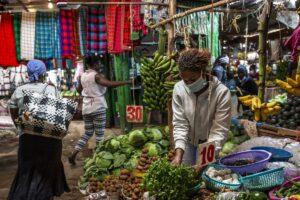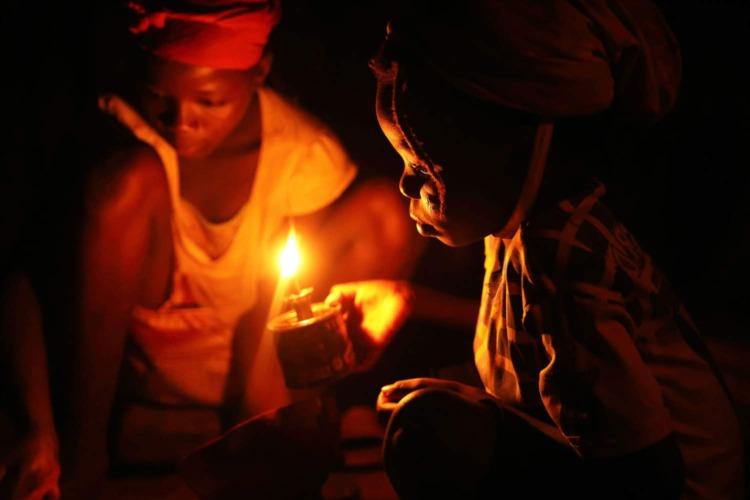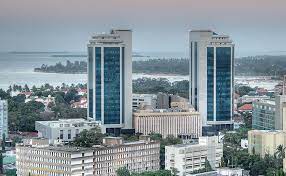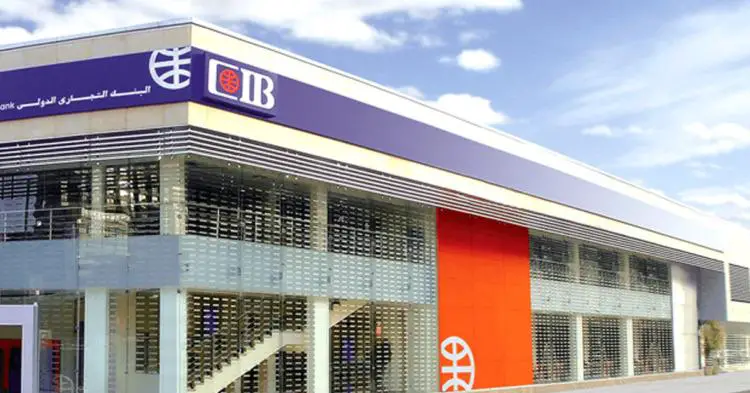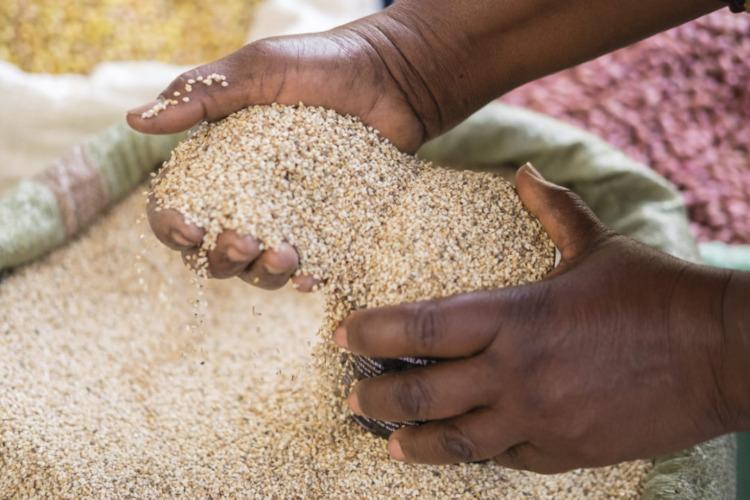- Kenya, Tanzania braces for torrential floods as Cyclone Hidaya approaches
- EAC monetary affairs committee to discuss single currency progress in Juba talks
- Transport and food prices drive down Kenya’s inflation to 5% in April
- Payment for ransomware attacks increase by 500 per cent in one year
- History beckons as push for Kenya’s President Ruto to address US Congress gathers pace
- IMF’s Sub-Saharan Africa economic forecast shows 1.2 percent GDP growth
- The US Congress proposes extending Agoa to 2041, covering all African countries
- Millions at risk of famine as fuel tax row halts UN aid operations in South Sudan
Browsing: Sub-Saharan Africa
More than half of Sub-Saharan Africa’s population still does not have access to electricity according to a March 2020 report by the IMF. This means that the potential of the energy sector in Africa is immense since industry, education, healthcare and many other aspects of the economy cannot be fully exploited without power.
In addition to inadequate power, those in Sub-Saharan Africa (SSA) have to pay on average nearly twice as much for electricity in comparison to consumers elsewhere in the world. Even with power for the 50 per cent of the population, power shortages cost the continent an estimated 2 to 4 per cent of GDP a year. …
Looking at the bigger picture, speculations are that the milk and milk product levies and taxes are designed to lure Uganda to choose favourably towards other trade issues that are pending.
As local Ugandan media puts it; “Uganda maintains that if there are issues that need to be addressed, they can be handled through bilateral arrangements or the regional trade agreements within the East African Community instead of using arbitrary means such as high taxes.”
Squeezing Uganda to act in its favour, Kenya has also imposed what Uganda is terming ‘a restriction to Ugandan diary products since January 2020.’ Notably, Kenya is Uganda’s largest milk trading partner in the region, yet for over an year now, Kenya has maintained restrictions on Ugandan milk products despite the East African Community (EAC) common market protocol.…
The next step in harmonizing policies and operating modules, is the need centralizing the related revenue administration and collection, because; “When we harmonize our tax administration we shall not compete with each other as EAC member states,” the sector experts reasoned.
There is also the matter of Visa fees which gravely affect the ability of traders to move between countries. It is now expected that the Republics of South Sudan, Uganda, and Kenya will expedite the removal of visa fees while the rest of the EAC partner states still need to remove what was described as ‘discriminatory fees, levies, and charges’ that hinder trade and persons movement across borders.…
On the bright side, even with the credit growth slowdown, it remained positive, growth still maintained and upward trajectory. This is also for both domestic credit extended to the private sector as well as the central government too.
Growth is expected to improve as the global economy normalizes over time but meanwhile, the government, through the central bank is instituting measures to increase liquidity and reduce lending rates, which in turn is expected to allow the private sector to have increased access to credit.
As part of these fiscal measures, the BoT has already issued TShs1 trillion to commercial lenders to help beef up their lending capacity and to do so at lower interest rates. This in turn is meant to encourage the private sector to borrow and increase production.…
Africa is at the heart of tomorrow, it is an important region in the world, it is definitely a growing region and a clear focus market for us. In the big picture, Africa is among Alcatel-Lucent’s most promising markets with ultra-broadband access and IP networking being very important for the development of the continent.
Many Countries across the world have felt the ravaging effects of Covid-19, ever since the first case was reported in Wuhan, China and spread all across other Continents that prompted to measures and directions imposed aimed to curb the spread of the lethal virus that has since claimed millions of people across the globe.
Historically, sectors like education and healthcare have been points of issue for many African countries, as governments strive to improve access to, and experiences in, these sectors.
The fight with COVID-19 has put a spotlight on the way these industries are operating …
With these kinds of benefits, the AGOA has to be improved to align with the demands of the AfCFTA. In February 2020, the US and Kenya signed the first of a kind trade agreement between the United States and a Sub-Saharan African (SSA) country.
The FTA represents the most significant innovation in US-African trade relations since the enactment of AGOA and if successfully concluded, the FTA would undoubtedly signify an important shift in US trade policy in the region.
With the reality that competition for business in Africa is heating up, the FTA is a crucial issue which the Biden administration and Congress must grapple with especially now that the AfCFTA has been operationalised. On the other hand, Africa must be wary of any external forces that would disintegrate the AfCFTA in the guise of doing business with individual countries.…

Tanzania may have been bumped up to low-middle income status but its housing sector speaks a lot as to the people’s well-being. According to the Center for Affordable Housing in Africa (CAHF) the current housing deficit is more than three million housing units and majority of the urban population are not house-owners but renters, or to call a spade a spade, squatters.
There is an annual demand growth of 200,000 unit with a projected cost of US$12 billion. Yet despite this high demand for housing, supply remains very limited marred by limited financing options and when available, it is untouchable due to high interest rates.
The CAHF reports that the price for ‘the cheapest newly built house is around US$78,000 that covers about 288m for a single bedroom house. Yet, only 2.7% of urban households can afford the cheapest newly built house.
A New Lease for Tanzania’s Housing Sector
Recently, …
Commercial International Bank (CIB), the leading private-sector bank in Egypt has announced its plan to increase its presence in the East African region.
This will be achieved by acquiring more banks in the region, which the lender says will help finance Egyptian investors looking for opportunities in Africa’s fastest growing region.
CIB offers a broad range of financial products and services to its customers, which include more than 500 of Egypt’s largest corporations, enterprises of all sizes, institutions, and households.
CIB’s strong brand and growth in retail and Small and medium-sized enterprises (SME) banking segments has continued to introduce new customers to the bank, making it the most profitable commercial bank operating in Egypt for more than 40 years.
Mayfair Bank
CIB, which has over $27.24 billion worth of assets acquired a 51 per cent stake in the Kenyan Mayfair Bank, its initial buyout in the African continent last year, …
That year, in 2015, Kenya, Rwanda, Uganda, and Tanzania settled for a three-year plan to phase out the importation of used clothes, a major exporter been the United States. To realise the intended ban, taxes were increased on second-hand clothes were increased effectively deterring their importation. The plan was to completely ban the import of second-hand clothes as of 2019.
This ambitious vision was never realized as the Trump administration issued an ultimatum for EAC to rescind the ban on second-hand clothes by 23 February 2018 or, as the DW writer Isaac Mugabi puts it ‘face the consequences.’…
The Sub-Saharan Africa economic growth is forecast to resume to 2.8 percent in 2021 and further rise to 3.3 percent in 2022 according to World Bank.
The growth is due to higher commodity prices, containment of the pandemic, and stronger external demand mostly from the United States and China.
According to the recently updated report from World Bank, despite the provision of vaccines by COVAX, procurements, and logistics challenges are expected to continue to affect the rollout of the vaccination. In the Central African Republic, Kenya, Niger, and Equatorial Guinea delays in major investments in extractives and infrastructure due to policy uncertainty and the existing effects of the pandemic will affect the recovery of the economies.
“Per capita income levels in 2022 are expected to be 4% lower on average than in 2019. Conditions in the region’s fragile and conflict-affected countries are expected to be particularly challenging; their average output …


